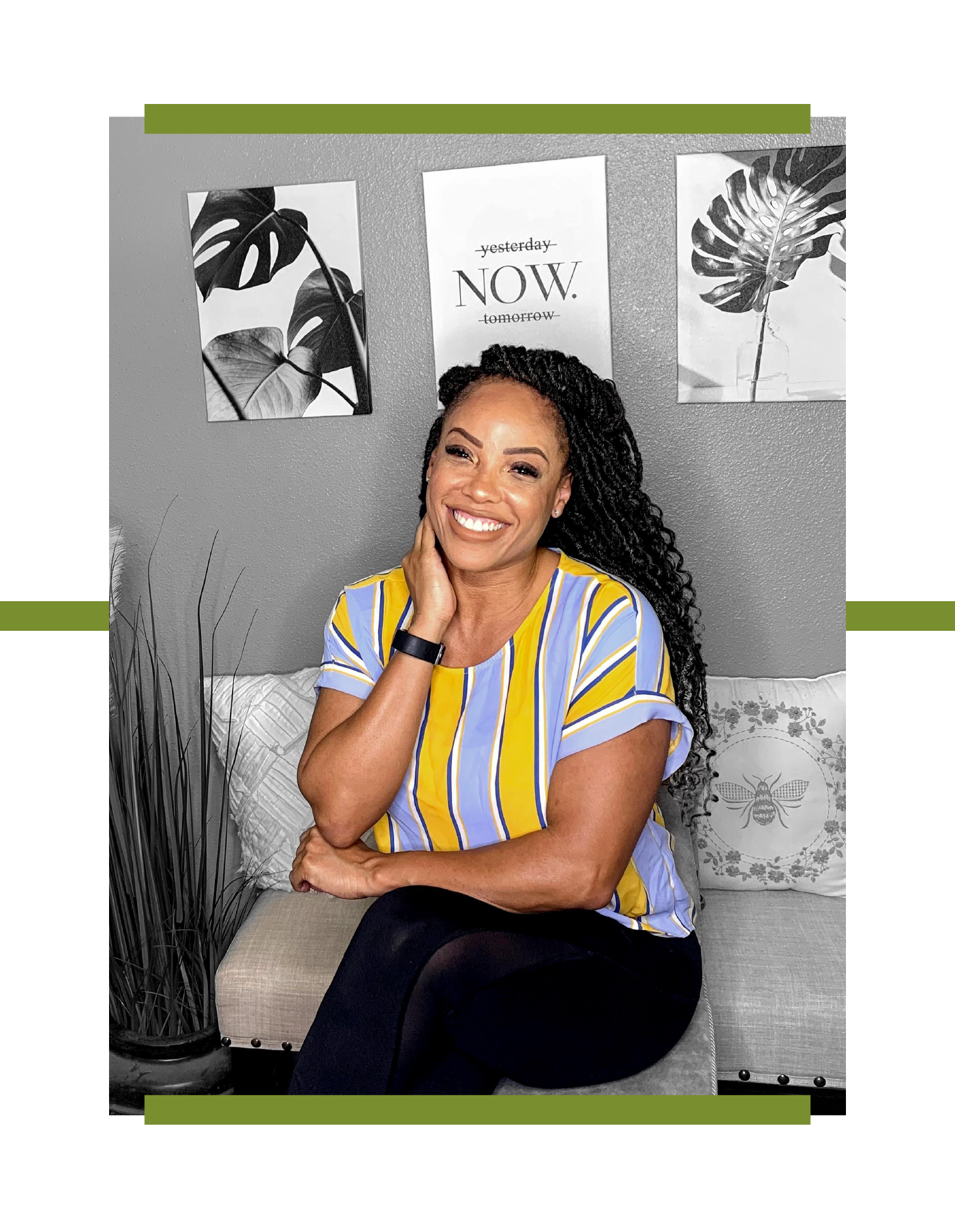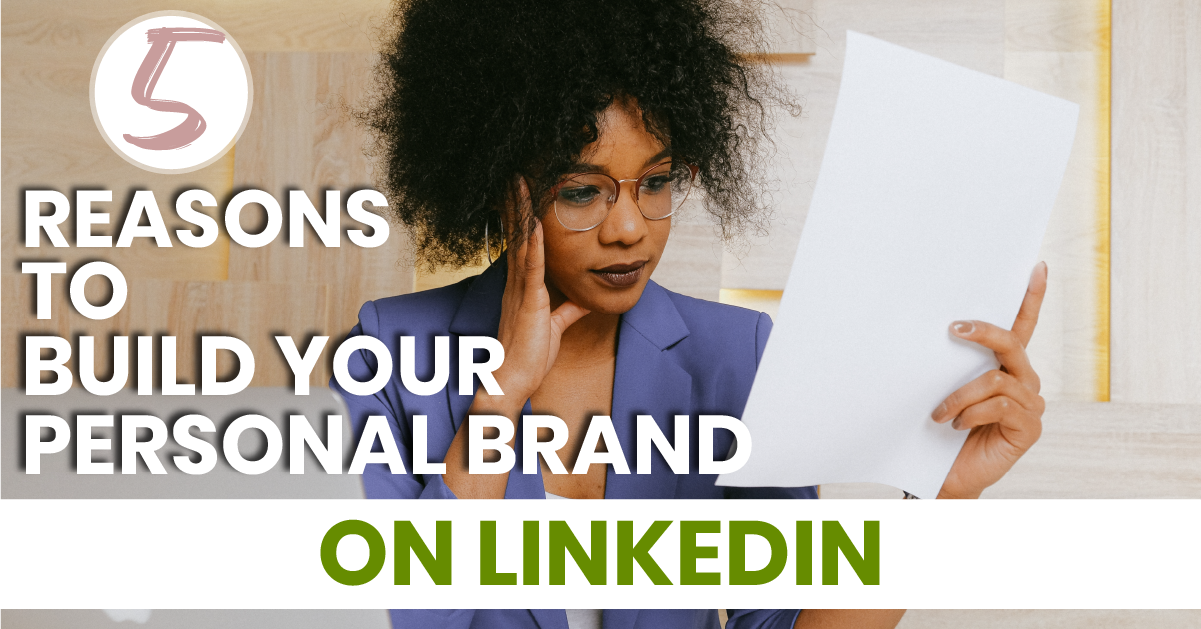How to Stay Motivated in Your Career
The quality of your work and your career success can be impacted directly by your motivation. We all have our own motivational reasons for staying motivated, so you need to tailor a motivational that resonates with you. Knowing and understanding yourself will help you make more efficient and effective efforts. If you don’t move forward with your career, you can feel down and discouraged, just as someone who loses their job might. Listed below are a few suggestions you might find helpful for staying motivated in your career. change strategy.
1. Set New Goals
Motivating yourself with a goal is one of the most effective ways to stay motivated. Your energy can be diverted to things that make a significant difference in your work and life. The goals you set now may be different from the goals you set when you first started your career. As you advance in your career, setting goals is also vital to helping you earn more. Your performance and job satisfaction play a major role in your career advancement. Planning your career goals and setting professional goals can help you progress in your career.
2. Develop A New Skill
You will be able to advance more quickly in your career by developing the skills employers value. Enhance your skills, including communication and writing, critical thinking, and problem-solving capabilities, in addition to more general qualities that make an employee pleasing to work with, dependable, and able to rely on. Development in these areas can raise your confidence at work, resulting in a more positive and motivating environment.
3. Make Your Career Enjoyable
Enjoying your work is a great way to keep you motivated. It will be difficult to continue working at your current job if you are always frustrated or bored. If you experience this problem often, you may need to make changes to your usual routine or find new activities to keep yourself occupied. In order to become fulfilled, your career should not drain you. Making things more enjoyable in the workplace can be as simple as challenging yourself at work or redecorating your workspace. Maintaining your positive attitude and motivation will allow you to be engaged in your work, which is the key to turning a job into a career. Actually Taking pleasure in your work.
4. Set Rewards For Yourself
Whenever you achieve your goals, reward yourself. Your reward system should be linked to your personal work goals, regardless of personal goals you have. For example, set a timeframe within which you want to improve a professional weakness. Having reached your goal, treat yourself to something tangible — a fine meal or a special item. You can motivate yourself to complete more projects at work by rewarding yourself when you achieve something at work, regardless of how small the accomplishment may be.
5. Use Your Strengths
Making use of your strengths can keep you motivated at work. Suppose, for instance, that you are good at accounting, but excellent at marketing. During your marketing training and employment opportunities, you can use the skills you have. Moreover, you should also think about how you can utilize your knowledge or skills already at your disposal. Your career will move forward this way, and you will always be looking for new opportunities.
Think about using your strengths to advance your career if you find yourself at a crossroads. It is intuitively clear to many of us what we do well; however, understanding and utilizing our strengths is much more complex. The strengths you possess can contribute to your success in the workplace, regardless of your position or industry. Identify the strengths that are most recommended for your field and begin improving them by reviewing the most sought-after workplace strengths.
If you want to learn more go and Book a Free Call Here!

Hi, I am Ruth McCrackin!
Your Career & Success Strategist Coach with well over 11 years of experience working hand in hand with Human Resources and Business Partners in achieving company goals and mission. It is my wish for high achievers to getting their high-end position in attracting their dreams and passion. Avoid the loop holes of missing great opportunities by applying job search strategies, LinkedIn Branding, storytelling, and much more to up level your career and lifestyle. Start Your Transformation Now!









